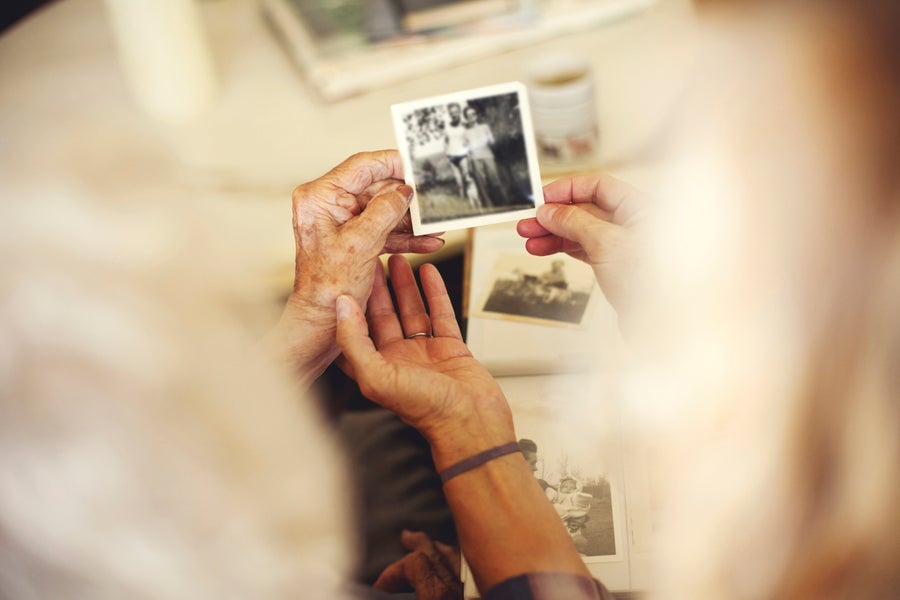This piece is part of Scientific American's column The Science of Parenting. For more, go here.
When I first became a mom, I was buried under the avalanche of information you could find on how to be a good parent. Try this, don’t try that. Do this, don’t do that. Buy this, don’t buy that. For every possible question, there were a billion different answers from a billion different people. As a science journalist, I had to put my training to use: What was their evidence? What were their incentives? Could I trust this expert or that?
It was daunting.
On supporting science journalism
If you're enjoying this article, consider supporting our award-winning journalism by subscribing. By purchasing a subscription you are helping to ensure the future of impactful stories about the discoveries and ideas shaping our world today.
To this day, as things crop up with my kids, I still try to dig through data. Is what my kid doing normal? (Usually.) Has this medicine been tested on children? (Usually not.) Is screen time okay? (It depends.) Is there any part of the Internet that is safe for kids? (Hahahaha.)
The way I see it, if I’m asking these questions, so are millions of parents worldwide. And if I’m confused, I’m not alone. To try and cut through the noise around parenting and child development, Scientific American is launching The Science of Parenting, a regular column offering evidence-based advice on issues related to parenting and parent-child relationships, including caring for our elderly parents.
You’ll hear from researchers who are studying some of the most interesting biological, psychological and sociological questions around raising children. You’ll hear from journalists and writers who are reporting deeply on these relationships and the questions they raise. And you’ll hear from parents themselves on how they’ve gotten through issues that span infancy to adulthood.
We know that what works for one family will not always work for the next. We want to look at what people are saying in the quest to raise good humans and see if those claims (a) have been examined and (b) can be backed up. We want to help you cut through all the clutter to better understand what is real and what is fake.
So, please tell us what you want to know. Send your ideas and questions to opinion@sciam.com.
And we want to be clear that this column isn’t just for parents. It’s for any of us who are child-adjacent, whether your role is cool aunt, fun uncle, stepparent, grandparent, guardian or simply someone who cares. Furthermore, this column isn’t just about babies, toddlers, tweens and teens. It’s also about adult children, and for so many of us in our sandwich years, becoming a parent to our parents.

Credit: Shestock/Getty Images
Generational relationships define societies, drive policy and, for better or for worse, define politics. If some of the pieces we run in this column can help you be a more informed member of the electorate, we would be thrilled.
When my first was a baby, I’d look at her and wonder, “What’s the best way do this?” I’d read. I’d query friends. I’d query random parents. And of course, I’d ask my mom and dad. Sometimes, I’d even do what they suggested (don’t tell them this—it will only make them smug). With my second, I mine the recesses of my mind and say, “What did I do last time?” And then I’m like, “Wait, do we still do that now?” and start those calls and queries all over again. It is very true what they say—raising a considerate, ethical, compassionate, happy human really does take a village. We at Scientific American would be honored if you would add us to yours.
